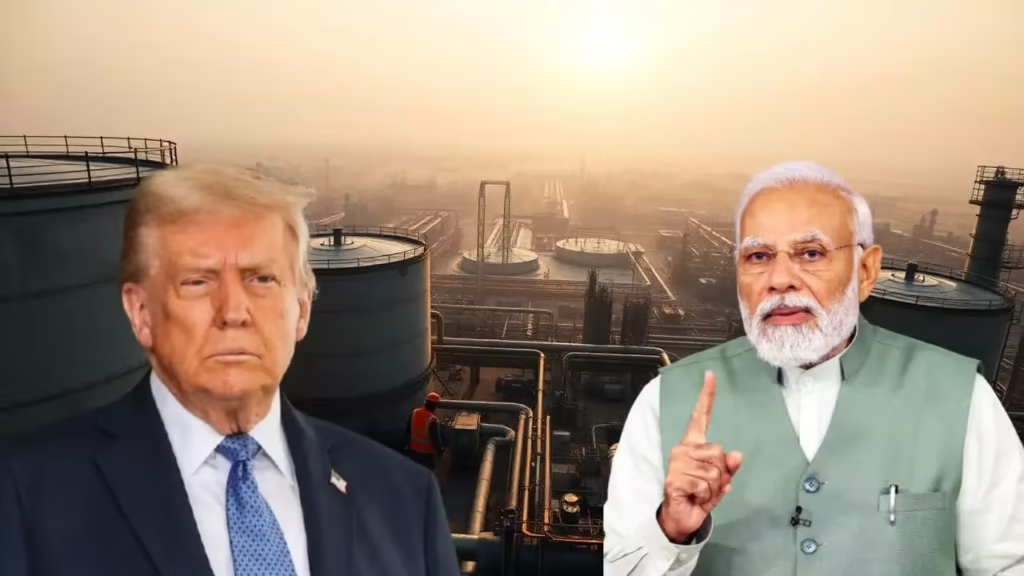India’s Energy Strategy Amid US Sanctions
India has chosen to continue its oil imports from Russia, despite facing significant pressure from the United States. The US has urged countries to halt purchases of Russian crude, threatening potential penalties for non-compliance. However, India has prioritized its energy security and diplomatic relations over these external pressures. The Indian government has not issued any directives to its oil refiners to stop buying Russian oil, allowing them to make decisions based on commercial viability.
Balancing Energy Security and Diplomatic Relations
India’s decision underscores its commitment to maintaining a stable energy supply while navigating complex international relations. The country relies heavily on imported oil to meet its energy needs, making it crucial to secure diverse sources. By continuing to purchase Russian oil, India aims to ensure uninterrupted energy supplies and avoid potential disruptions that could arise from sudden shifts in sourcing.
Commercial Considerations Drive Refining Decisions
Indian refiners are operating based on commercial factors, evaluating the cost-effectiveness and availability of Russian crude. This approach allows them to optimize their operations and maintain competitive pricing in the domestic market. While contingency plans for alternative sources are being explored, the current strategy reflects a pragmatic approach to balancing economic interests with geopolitical considerations.
Exploring Alternative Sources
Although India continues to import Russian oil, it is also exploring alternative sources as part of its long-term energy strategy. This includes diversifying its supply chain to mitigate risks associated with geopolitical tensions. By keeping its options open, India aims to enhance its energy resilience and reduce dependency on any single supplier.
Implications for Global Energy Markets
India’s stance on Russian oil imports highlights the complexities of global energy markets, where political pressures often intersect with economic realities. As one of the world’s largest oil consumers, India’s decisions can influence market dynamics and impact global oil prices. The situation also reflects broader challenges faced by countries seeking to balance national interests with international alliances.
